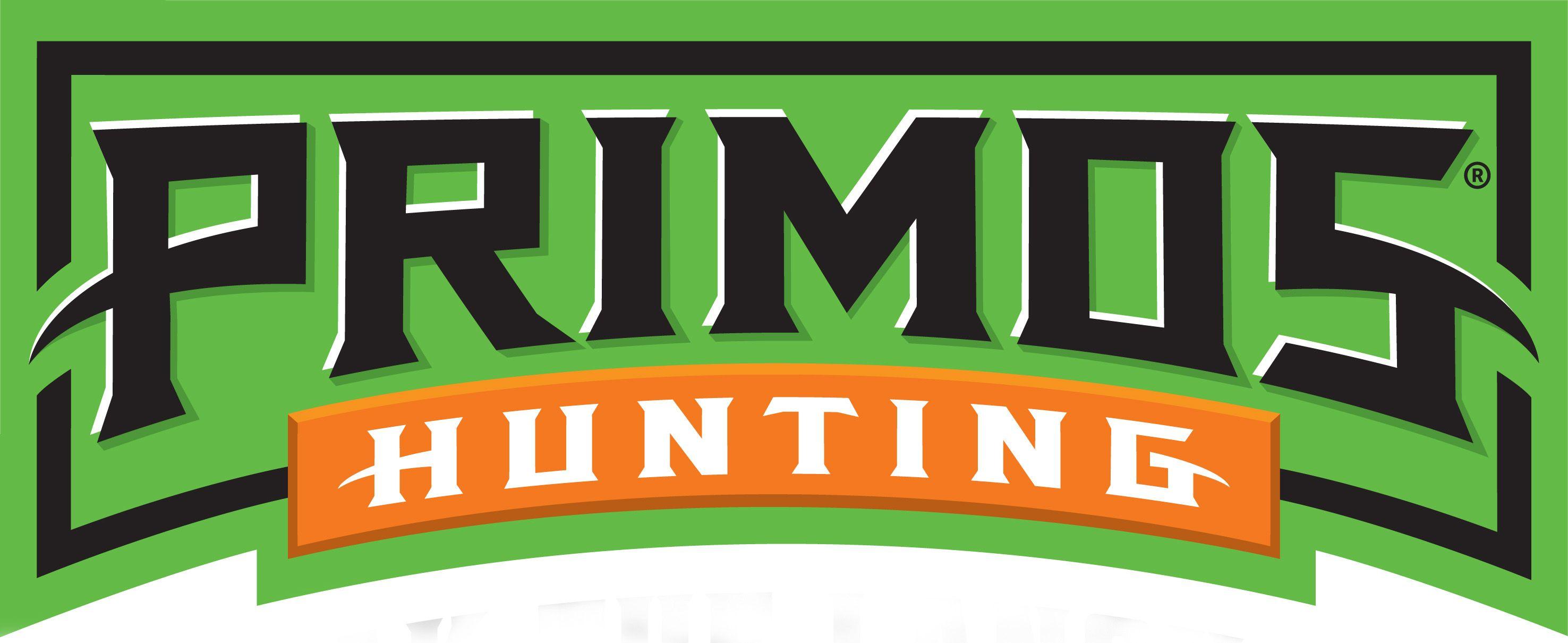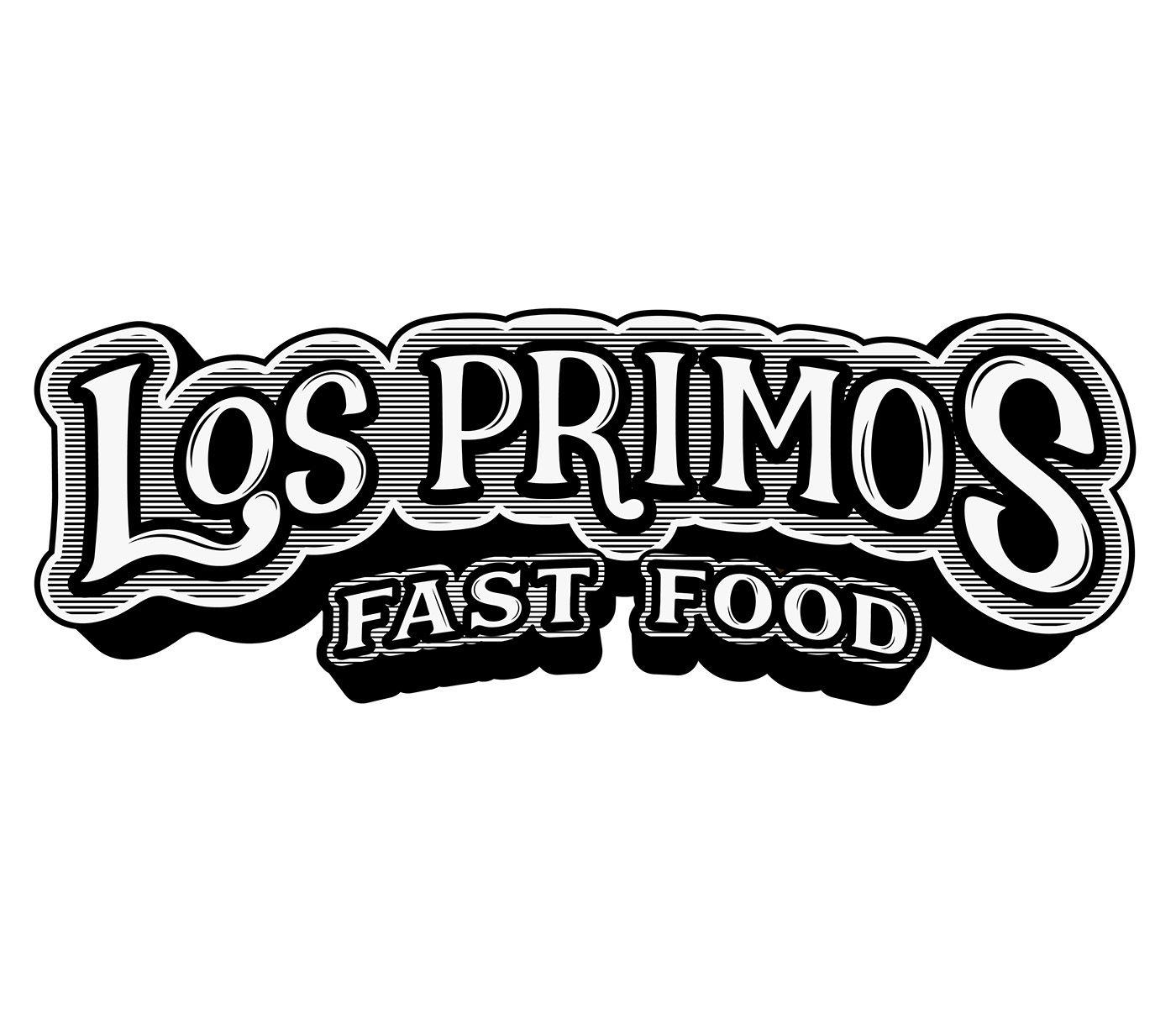**Disney's animated series *Primos*, a show envisioned to celebrate multicultural family dynamics, found itself at the center of a significant storm of controversy almost immediately upon its initial announcement. Created by Natasha Kline and produced by Disney Television Animation, the series aimed to depict the summer misadventures of Tater Ramirez Humphrey and her extensive, chaotic family, including her twelve cousins (her 'primos'). However, what was intended as a heartwarming portrayal quickly became one of Disney Channel's most debated projects, leading to its eventual, and for many, unsurprising, cancellation.** The show aired on Disney Channel from July 25, 2024, to April 27, 2025, wrapping up its first season earlier this spring without any official word on a potential second season, leaving fans and critics alike speculating about its future. This article delves into the journey of *Primos*, from its controversial debut to the official announcement that *Primos was cancelled*, exploring the reasons behind its short-lived run and the broader implications for diversity in animation. The decision to cancel *Primos* marks the end of the line for a series that, despite its intentions, struggled to find its footing with a broad audience. Marred by significant backlash even before its full premiere, the animated comedy faced accusations of relying heavily on Hispanic stereotypes and using offensive language. This deep dive will explore the specific controversies that plagued the series, how Disney responded (or didn't), and what the *Primos cancellation* signifies for the landscape of diverse storytelling in children's media. **Table of Contents:** * [The Genesis of Primos: A Multicultural Vision](#the-genesis-of-primos-a-multicultural-vision) * [A Debut Marred by Immediate Backlash](#a-debut-marred-by-immediate-backlash) * [The Trailer's Unforeseen Impact](#the-trailers-unforeseen-impact) * [The Short-Lived Run of Disney's Primos](#the-short-lived-run-of-disneys-primos) * [The Official Word: Why Primos Was Cancelled](#the-official-word-why-primos-was-cancelled) * [Unpacking the Core Controversies: Stereotypes and Language](#unpacking-the-core-controversies-stereotypes-and-language) * [Primos and the Broader DEI Landscape at Disney](#primos-and-the-broader-dei-landscape-at-disney) * [The Aftermath and Fan Reactions](#the-aftermath-and-fan-reactions) * [Lessons Learned from the Primos Cancellation](#lessons-learned-from-the-primos-cancellation) * [Conclusion](#conclusion) *** ### The Genesis of Primos: A Multicultural Vision *Primos*, an American animated television series, was brought to life by Natasha Kline, who drew inspiration from her own multicultural family experiences. The show centered on Tater Ramirez Humphrey, a young girl navigating the summer with her twelve chaotic cousins, referred to as 'primos' in Spanish. This concept aimed to explore the dynamics of a large, multicultural family, offering a glimpse into their lives and misadventures. Produced by Disney Television Animation, the series was designed as a 2D animated comedy, promising a blend of humor and cultural insight for its target audience on Disney Channel. The premise itself was appealing: a vibrant, extended family providing a backdrop for relatable childhood experiences, enriched by cultural nuances. Disney, known for its ability to create globally resonant stories, likely saw *Primos* as an opportunity to further diversify its content and appeal to a broader demographic. However, the execution, particularly in its early promotional stages, quickly deviated from its intended positive reception, setting the stage for the challenges that would ultimately lead to the *Primos cancellation*. ### A Debut Marred by Immediate Backlash The journey of *Primos* from concept to screen was anything but smooth. Long before its official premiere, the series faced an unprecedented wave of criticism that fundamentally shaped its public perception. This initial backlash was so intense that it overshadowed any potential merits the show might have offered, essentially dooming it before it even had a chance to fully air. #### The Trailer's Unforeseen Impact The moment Disney’s *Primos* trailer debuted, the reaction was swift and merciless. What was intended to generate excitement instead ignited a firestorm of controversy. Many viewers claimed that the show relied too heavily on racist Mexican stereotypes, and criticized the use of what they perceived as offensive language. Phrases and character designs in the trailer were immediately scrutinized, with critics pointing out what they felt were lazy and harmful portrayals of Hispanic culture. The online response was a torrent of negative comments, analyses, and calls for the show to be re-evaluated or even pulled. This immediate and widespread condemnation meant that *Primos* entered the television landscape not with anticipation, but with significant baggage. The perception that the show was "marred in significant controversy for the plethora of Hispanic stereotypes and offensive language used to create the characters" became deeply entrenched in the public consciousness, making it incredibly difficult for the series to ever shake off its negative image. This rocky introduction was a critical turning point, indicating early on that the show might face an uphill battle for survival, ultimately contributing to the decision that *Primos was cancelled*. ### The Short-Lived Run of Disney's Primos Despite the tumultuous pre-release period, Disney Channel proceeded with the premiere of *Primos*. The first two episodes officially premiered on July 25, 2024. The series continued its run, with new episodes airing, including some alongside new episodes of the fourth season of *Big City Greens* in March, as reported by Natasha Kline. The show officially wrapped up the first season of its run earlier this spring, concluding its broadcast on April 27, 2025. For those who followed the series, or even those who simply observed its trajectory from a distance, there was a palpable silence regarding its future. With no word on a potential second season, fans and industry observers began to speculate about the show's fate. This lack of renewal announcement, especially given the show's controversial history, served as an ominous sign. While some shows naturally conclude after a single season, the context surrounding *Primos* made the silence particularly telling, foreshadowing the eventual news that *Primos was cancelled*. The animated series, despite completing its initial run, never managed to shed the shadow of its contentious introduction, which undoubtedly played a role in its short lifespan. ### The Official Word: Why Primos Was Cancelled The speculation surrounding *Primos*'s future came to an end when Disney Television Animation officially announced that the series would not be returning for a second season. This confirmation solidified what many had anticipated, given the show's rocky reception and the significant controversy it generated. The report from TVLine, citing a Disney Television Animation source, delivered the definitive news: *Primos, the 2D animated Disney Channel series about the summer misadventures of a large multicultural family, will not be returning for a second season.* The cancellation of *Primos* after a single season underscores the profound impact of audience backlash and public perception on a show's viability, even for a major studio like Disney. While the provided data also mentions a separate show named "Primo" (an American sitcom created by Shea Serrano that was canceled after a single season on Amazon's Freevee), it's crucial to distinguish that from Disney's *Primos*. The cancellation of Disney's *Primos* was directly linked to its internal issues and external reception, making it "the end of the line for one of Disney’s most controversial series." This decision highlights that even powerful production houses are not immune to the consequences of negative public sentiment, particularly when it touches on sensitive cultural representations. The official news that *Primos was cancelled* confirmed the series' unfortunate trajectory from a highly anticipated project to a quickly concluded one. ### Unpacking the Core Controversies: Stereotypes and Language The heart of the controversy surrounding *Primos* lay in its portrayal of Hispanic culture, which many viewers found to be riddled with harmful stereotypes and offensive language. From the moment the trailer dropped, critics highlighted specific elements that they believed perpetuated outdated and derogatory caricatures. One of the most frequently cited examples was the perceived use of "Spanglish" in the series. While the intention might have been to reflect a common linguistic reality in multicultural households, the execution was widely criticized. Phrases like "Oye Primos!" in the trailer, delivered with what some described as an exaggerated accent, were seen as tokenistic and demeaning rather than authentic. The concern was that the show simplified and mocked linguistic diversity, rather than celebrating it. Beyond language, the visual elements and character designs also drew fire. Critics argued that the "plethora of Hispanic stereotypes" manifested in character traits and scenarios that felt generic and uninspired, reinforcing negative tropes rather than breaking new ground. This included visual gags or character quirks that leaned into broad, unnuanced generalizations about Latin American families. For a series explicitly inspired by a multicultural family, the irony was not lost on viewers who felt that the show, instead of fostering understanding, inadvertently contributed to misrepresentation. The backlash was not merely about subjective taste; it was a deeply felt critique about representation and the responsibility of a major media company like Disney. Audiences, particularly those from the Hispanic community, expressed disappointment and anger that a show meant to represent them seemed to fall back on the very stereotypes they hoped to move beyond. This fundamental disconnect between the show's stated intent and its perceived execution was a primary driver of the sustained negative sentiment that ultimately contributed to the *Primos cancellation*. The controversy served as a stark reminder of the heightened scrutiny and expectations placed on media that attempts to portray diverse cultures authentically. ### Primos and the Broader DEI Landscape at Disney The cancellation of *Primos* did not occur in a vacuum; it resonates within a larger conversation about Diversity, Equity, and Inclusion (DEI) initiatives at Disney and across the entertainment industry. The provided data explicitly links *Primos cancelled* to "the planned DEI Tiana series, which was canceled and was bout disney’s first black princess from the princess and the frog." This connection suggests a pattern or a broader re-evaluation of how Disney approaches and implements its DEI content. The "planned DEI Tiana series" likely refers to projects or expansions related to Princess Tiana from *The Princess and the Frog*, Disney's first Black princess. If such a project was indeed canceled, it indicates that *Primos*'s situation might be part of a larger trend where Disney is either facing internal challenges in executing DEI content or encountering significant external pushback that leads to project cancellations. This raises questions about the complexities of creating diverse content in a way that is both authentic and widely accepted. While the intention behind DEI initiatives is to promote inclusivity and representation, the execution can be fraught with challenges. Audiences are increasingly discerning and vocal about what they perceive as genuine representation versus tokenism or harmful stereotypes. The *Primos cancellation* serves as a high-profile example of what can happen when a project, despite its good intentions, fails to meet these evolving expectations, particularly concerning cultural sensitivity. The entertainment industry is under immense pressure to deliver diverse stories, but also to ensure those stories are told responsibly and authentically. The experiences of *Primos* and potentially other DEI-focused projects at Disney suggest that simply having a diverse cast or a multicultural theme is not enough. The narrative, character development, and cultural portrayals must be deeply considered and vetted to avoid missteps. The outcome for *Primos* might lead Disney, and other studios, to re-evaluate their strategies for developing and promoting content that aims to be inclusive, highlighting the ongoing learning curve in this crucial area of storytelling. ### The Aftermath and Fan Reactions The news that *Primos was cancelled* elicited a range of reactions from the public, reflecting the divisive nature of the show from its very inception. For many who had been vocal critics of the series since its trailer debuted, the cancellation was met with a sense of vindication and relief. These individuals felt that Disney had listened to their concerns regarding the show's perceived reliance on stereotypes and offensive language. Social media platforms, which had been the primary battleground for the initial backlash, once again became a space for commentary, with many celebrating the decision as a win for authentic representation and cultural sensitivity. Conversely, there were also those who, despite the controversy, had either found some enjoyment in the series or felt that it deserved more of a chance. For these viewers, the *Primos cancellation* was disappointing. They might have appreciated the show's attempt at multicultural representation, even if flawed, or simply found its comedic elements entertaining. Some might have argued that the show could have evolved and improved in a second season, given the opportunity to address the criticisms. However, the sheer volume and intensity of the negative feedback from the outset made it incredibly difficult for the show to build a substantial, supportive fanbase that could counteract the prevailing sentiment. The aftermath of the *Primos cancellation* underscores the power of collective audience voice in the digital age. In an era where information spreads rapidly and public opinion can coalesce almost instantly, the initial reception of a show can significantly impact its longevity. For *Primos*, the initial backlash was so overwhelming and persistent that it became an integral part of the show's identity, making it nearly impossible to recover. This case serves as a poignant example of how critical early impressions and sustained public discourse can directly influence the fate of a television series, especially one touching on sensitive cultural themes. ### Lessons Learned from the Primos Cancellation The *Primos cancellation* offers several critical lessons for the entertainment industry, particularly concerning the creation and reception of animated content focused on multicultural themes. Firstly, it highlights the paramount importance of **authentic and nuanced cultural representation**. It's no longer sufficient to simply include diverse characters or settings; the portrayal must be deeply researched, respectful, and avoid falling into harmful stereotypes. The backlash against *Primos* demonstrated that audiences, especially those from the depicted communities, are highly attuned to inauthentic or offensive portrayals and will vocally demand better. This means engaging with cultural consultants, diverse writing rooms, and listening intently to feedback from the communities being represented, even in the early stages of development. Secondly, the case of *Primos* underscores the **power of first impressions and social media**. The show's fate was largely sealed from the moment its trailer dropped. In today's interconnected world, initial public reaction, amplified by social media, can quickly define a project's narrative. Studios must be prepared for immediate scrutiny and have robust strategies for addressing concerns transparently and proactively. A rocky introduction can be incredibly difficult to overcome, regardless of subsequent efforts. Thirdly, the *Primos cancellation* reinforces the **evolving standards for DEI content**. While there's a clear industry push for more diverse stories, the definition of "good" DEI content is constantly being refined by audience expectations. It's not just about ticking boxes; it's about genuine storytelling that resonates positively and avoids unintended harm. This requires a deeper understanding of cultural sensitivities and a willingness to adapt based on constructive criticism. Finally, the quick end to *Primos* serves as a reminder that even established giants like Disney are not immune to public pressure. While they have vast resources, audience sentiment, particularly when united by a strong critique, can significantly influence creative decisions and financial investments. The *Primos cancellation* is a clear signal that the bar for culturally representative content has been raised, and future projects will be held to an even higher standard of authenticity and respect. ### Conclusion The journey of Disney's *Primos* from a concept inspired by multicultural family life to its eventual cancellation is a complex narrative rooted in controversy and public scrutiny. Premiering on July 25, 2024, and concluding its single-season run on April 27, 2025, the animated series faced an uphill battle from the start. Its trailer ignited a fierce backlash, with many viewers criticizing its reliance on racist Mexican stereotypes and offensive language, leading to its unfortunate distinction as "one of Disney’s most controversial series." The official announcement that *Primos was cancelled* confirmed what many had anticipated, marking the end of a show that struggled to overcome its initial negative perception. The cancellation of *Primos* serves as a significant case study in the entertainment industry, particularly concerning the delicate balance of cultural representation in children's media. It highlights the critical importance of authentic storytelling, the profound impact of audience feedback in the digital age, and the ongoing challenges faced by studios in navigating the complex landscape of Diversity, Equity, and Inclusion initiatives. While the intention behind *Primos* may have been to celebrate a multicultural family, its execution ultimately failed to resonate positively with a broad audience, leading to its premature conclusion. What are your thoughts on the *Primos cancellation*? Do you believe the criticism was justified, or did the show deserve more of a chance? Share your perspective in the comments below, and explore more of our articles on animated series and industry news to stay informed on the latest developments in entertainment.


